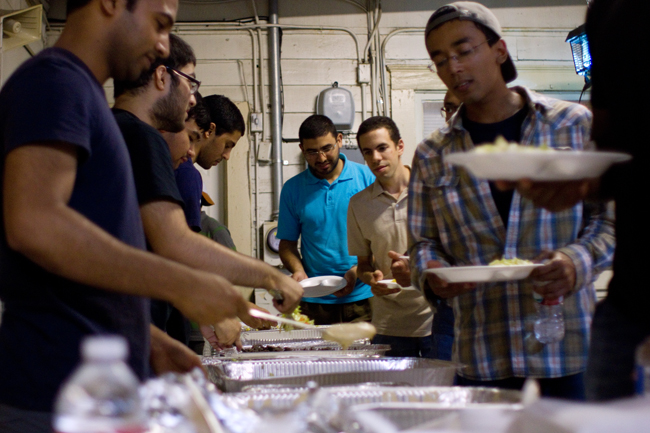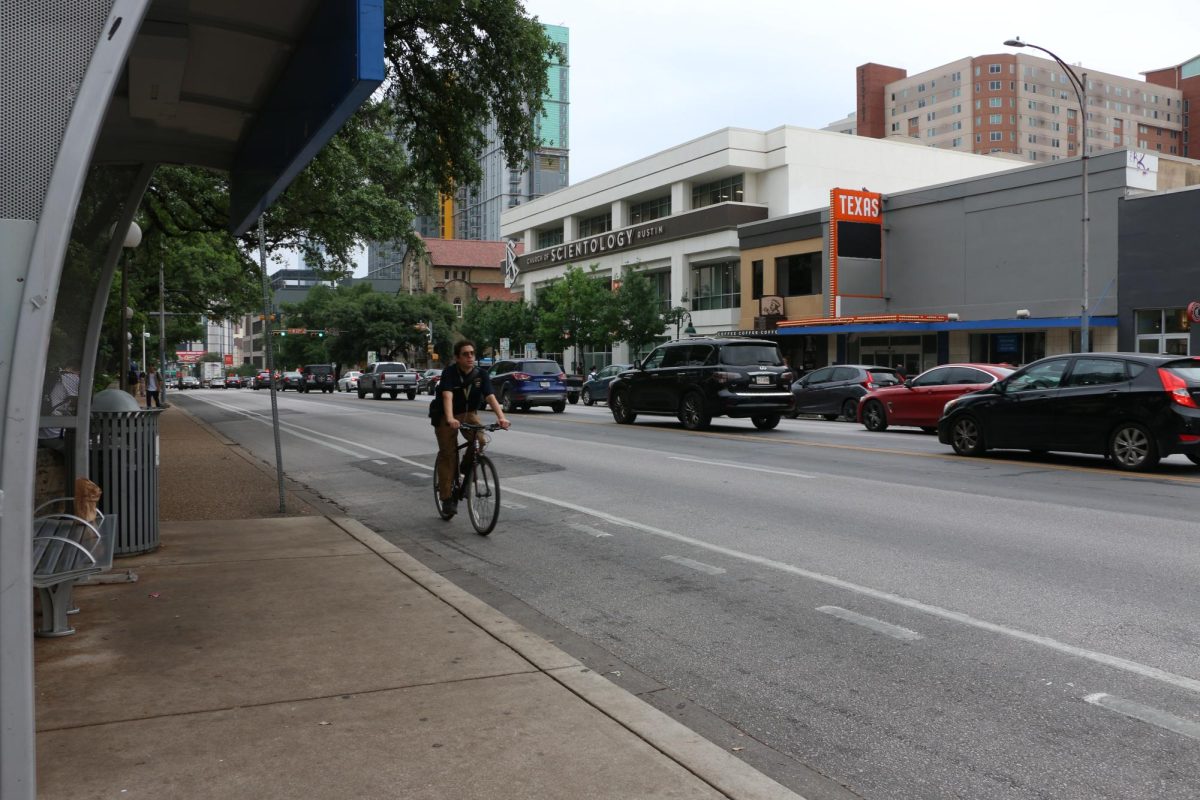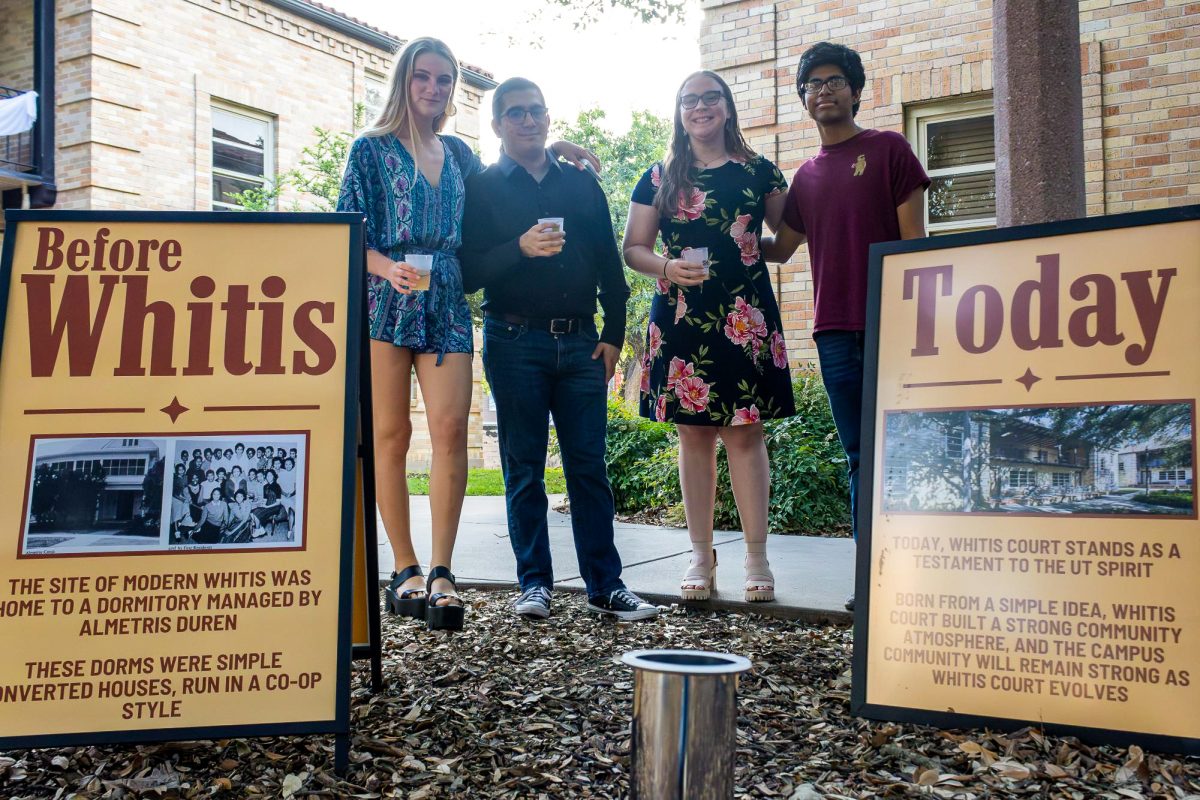Four years ago, UT alumna Pari Wafayee walked down to her cafeteria in her residence hall to break her Ramadan fast, only to find out campus dining halls operated on reduced schedules in the summer.
Feeling famished after going without any food or drink from dawn to dusk, Wafayee said she quickly realized the entire month of Ramadan, the holiest time in Islamic calendar, would be a challenge because she did not have the money to eat at a restaurant off campus once it was time to break fast.
Wafayee’s lucky break came at the Nueces Mosque in West Campus, which has provided free, daily meals to people to break their fast during Ramadan since it was built in 1977. The Nueces Mosque is the oldest mosque in the city of Austin.
The mosque provides free food to Muslims and non-Muslims alike who come on the days of Ramadan, although it asks larger parties to notify them in advance if they are coming, said Shaykh Mohamed-Umer Esmail, the Imam — or worship leader — at the Nueces Mosque. Mohamed-Umer Esmail said the mosque’s purpose is to help people fulfill the highest peak of spirituality during Ramadan. He said it does this by relieving people of the work of cooking and by providing a place of comfort for students who are away from their families.
The food is fully provided for by donations from alumni, parents and students themselves, and local restaurants also cater food to the mosque at discounted rates, officials said.
“We are here to help the youth rejuvenate their faith,” Mohamed-Umer Esmail said.
Mohamed-Umer Esmail said the Ramadan offering complies with the obligations of the community to provide for other members of their community, especially students who are far away from their homes. Mohamed-Umer Esmail said the host of the Iftar, the Arabic name for the meal breaking a Ramadan fast, receives spiritual rewards for contributions to the community.
Sarah Abdelhadi, a biochemistry senior and board member at the Nueces Mosque, said the mosque recently began using
environmentally friendly dinner sets that can be washed and reused for Iftar. The mosque previously used paper and plastic utensils, but this practice is now too wasteful because there are so many students, Abdelhadi said.
Wafayee said she immediately felt she was part of a community when she started attending Ramadan meals at the mosque.
“The most welcoming experience I had at UT was when I came to the mosque,” Wafayee said. “It is not just the food that brings people here. It is the sense of community, brotherhood, sisterhood and shared experience of the holy month that draws people to this place.”
Wafayee said the struggles of daily fasting remind her and other Muslims of the need to show compassion for those who endure hunger — a practice exemplified by the free meals offered at the Nueces Mosque.
“In addition to humiliation, self-control, perseverance and will power, fasting teaches you empathy and compassion for the poor as you endure hunger, encouraging the spirit of charity,” Wafayee said. “It is a very humbling experience.”
Correction: An earlier version of this article incorrectly quoted Esmail as saying Imams have an obligation to the community during Ramadan. Esmail said the Ramadan offerings compile the obligations of the community to provide for others.





















